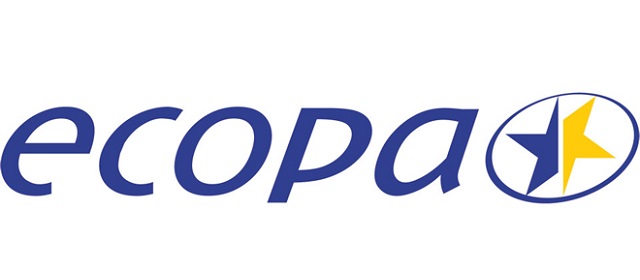[page_title]
The Embryonic Stem cell-based Novel Alternative Testing Strategies (ESNATS) held its general consortium meeting from 26-28 April at the Joint Research Centre in Ispra, Italy. This meeting had as a main goal to discuss the progress made in the two years since the project’s inception, to discuss and agree on different project-related topics, and to organise activities in the third year of the project’s intended five-year existence.
After the coordinator, Jürgen Hescheler, opened the meeting, the different sub-projects presented their progress, achievements and future outlooks. Sub-project 1 “Reproductive toxicity” was presented by K. Nayernia (University of Newcastle upon Tyne); sub-project 2 “Neurotoxicity” by L. Stoppini (University of Geneve); sub-project 3 “ESC-based toxicogenomics and toxicoproteomics signatures” by A. Sachinidis (University of Cologne); and sub-project 4 “Toxicokinetics, metabolism and modelling” by Jürgen Hengstler (Leibniz Research Centre for Working Environment and Human Factors). Conclusions from the steering committee regarding reference compounds and the main results of Work Package 3 were presented. Topics such as the ESNATS testing strategy, gene array studies in ESNATS, the ESNATS database and culturing and quality control were discussed in detail. Management issues were also addressed, such as reporting for the second year as well as financial and contractual issues.
The second day of the meeting addressed the topics of protocol scale-up and implications for automation and the current status of the cell systems. After this, a presentation about ongoing and finished work in project ethics was given by D. Bruce, Edinethics. This was followed by a presentation about project dissemination activities by J. Winkler (UKK ), S. Skogsäter (ARTTIC) and B. Garthoff (ecopa), including the next workshop that will be held in March 2011 and the project’s second annual “summer school” in Tallinn, Estonia from 19-23 September 2010.
